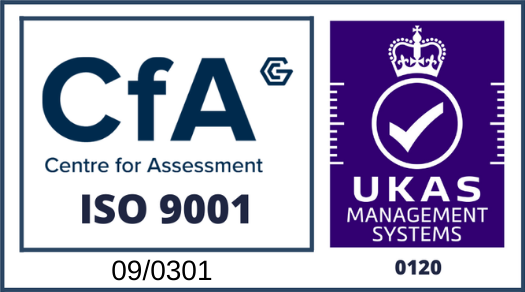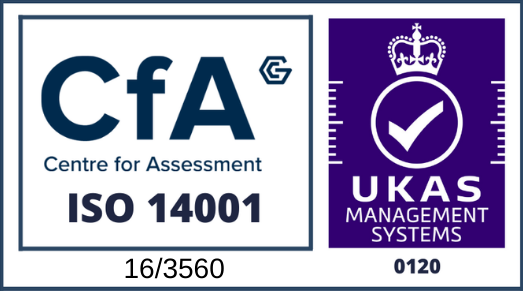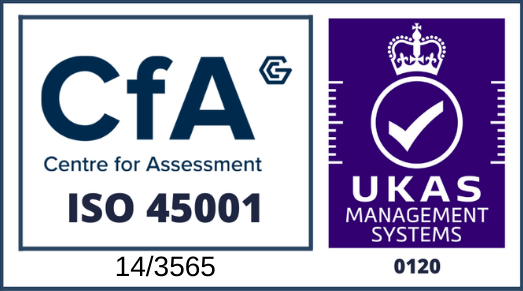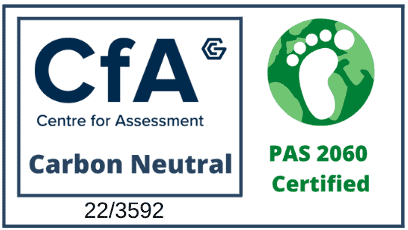The Accelerate Programme
The programme which has assisted over 650 companies to identify £65m+ worth of improvements!

The RKMS Lean and Agile delivery team has unrivalled success in obtaining and managing funding. The programme can be delivered to any business in any industry and is tailored to your business needs. The programme is a philosophy that can be developed by any size and type of business, that drives development in employees.
Working with over 650 businesses and 6,000 individuals whilst delivering over £65m in business improvements (£100,000 average per company). Our programme is simple to follow and drives the best results.
The Programme
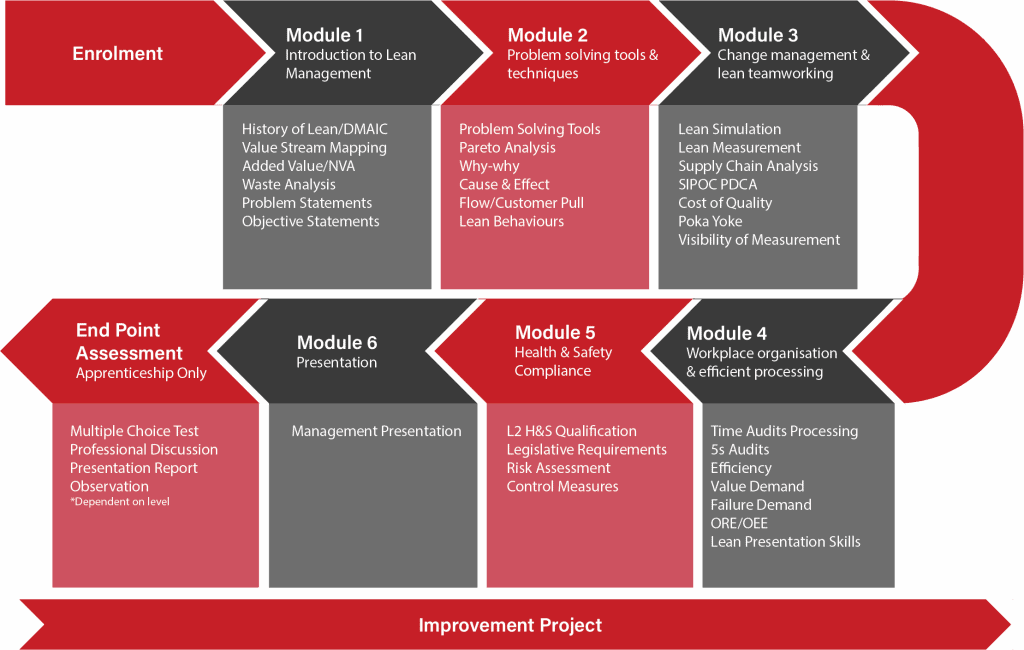
The Accelerate Programme can be delivered via three different methods:
- Standalone – 10 days consultancy in business improvement.
- ILSSI – same as standalone but with various Lean Six Sigma Belt qualifications added on.
- Apprenticeship – attracts funding worth up to £6,000 per delegate that will be used to improve your business.
The programme is based around real life issues within your business, we assist to identify an improvement project and tailor the tools, techniques, and support to achieve the aim of the project. We also transfer the skills and knowledge to enable participants to continue to achieve continual improvement within the business.
Over a several month period, 5 modules will be delivered with participants skills developed through a combination of workshop based interactive learning and the creation of practical projects within their business. This leads up to a final presentation session where projects are presented to the other participating teams and senior figures from within their organisation.
Benefits of Accelerate
Reduced Costs
Increased Efficiencies
Boosted Team Morale
Improved Quality
Our Accelerate Programme will reduce errors in all departments leading to a better workflow making for an easier working life. Teams and machines will work at higher quality performance levels resulting in fewer defects, reworks and machine or process breakdowns. We work with your staff to upskill and achieve qualifications that can be used in any industry, allowing them to eliminate bottlenecks within your processes.
Our main aim is to provide the tools and techniques for your staff to improve efficiencies and drive more output per man hour generating higher profits and greater customer satisfaction.
How Accelerate Works
Module 1
Introduction to Lean
Module 1 is an overview of Lean Management, measures, terminology, techniques and tools. Some areas covered within this module, which are all discussed with your business in mind, and how we can develop Lean within your organisation:
- Lean Management: A non-zero-sum principle-based management system focused on creating value for end-use customers by eliminating waste (MUDA), unevenness (MURA) and unreasonableness (MURI) through a scientific methodology (Data)
- Continuous Improvement: Doing whatever you do as good or better than those that you compete with.
- Kaizen: Kanji – Change or Modify, Zen – With Continued Goodness, KAIZEN – Modify with Continued Goodness
- The Deming Cycle (PDCA): Seen within many ISO systems, Plan Do Check Act is the driving force behind continuous improvement.
- Influencers of Lean: Henry Ford, Henry Gant, Deming & Juran, Ohno etc.
- Co-operation in the Workplace: The result of co-operation is better quality, and lower costs (Dr W E Deming)
- Muda, Mura & Muri: Muda – Consumption of resource that adds no value, Mura – Work activities that fluctuate poor flow, Muri – Unreasonable behaviour.
Problem Solving Tools & Techniques
Module 2 focuses on the tools and techniques which enable the learner to get to grips with any possible issues within the organisation, identify areas for improvement and the root cause of problems.
- Process Map: Understanding and creating a process map based on the companies’ current procedure/flow to help identify bottle necks.
- Critical to Quality (CTQ): Any characteristic of a product or service, or a process that a customer considers to be critical to quality is labelled as CTQ.
- Problem Solving (DMAIC): One of the core tools of Six Sigma is DMAIC this stands for Define, Measure, Analyse, Improve and Control. DMAIC refers to a data-driven quality strategy for improving processes and is an integral part of a company’s Six Sigma Initiative.
- The 5 Why’s: The 5 Whys is a question asking method used to explore the cause and effect relationships found within a particular problem. Ultimately, the goal of applying the 5 Whys method is to determine a root cause of a defect or problem.
- Cause & Effect (Ishikawa): The Ishikawa diagram identifies many possible causes for an effect or problem, it can be used to structure a brainstorming session and it immediately sorts ideas into useful categories.
- Pareto Analysis: A Pareto chart is a bar graph. The lengths of the bars represent frequency or cost (time or money) and are arranged with longest bars on the left and the shortest to the right. In this way the chart visually depicts which situations are more significant.
Module 2
Module 3
Change Management & Team Working
Module 3 is focused around creating a positive and proactive team, by looking at conflict resolution, understanding peoples learning techniques and identifying self-learning methods.
- Effective Teamworking: As groups of individuals form into teams around a particular area of work or set of tasks, the team will develop its own identity. This identity will be noticed by the way in which individuals in the team behave and go about their activities.
- Characteristics of High Performing Teams: Most members of high-performing teams report that it’s fun and satisfying to work on collaborative teams because they are asked to contribute at their highest potential and they learn a lot along the way.
- Belbin’s Self Perception: Meredith Belbin analysed the types of roles necessary to contribute to an effective team and developed the idea of ‘Team Roles’ following detailed research suggesting that teams could not be satisfactorily categorised on the basis of mental ability or personality.
- Work Groups: Teams are definitely forms of work groups, but not all work groups are teams, in fact, plain work groups are much more numerous than teams. Work groups function on three levels, Dependant, Independent and Interdependent.
- Dealing with Conflicts and Disagreements: When you have different people from different backgrounds with different life experiences, values and beliefs, conflict can arise. The way people interpret events and develop relationships will vary from person to person. They may also have their own unique ideas the best solutions to problems, which may conflict with their colleague’s viewpoints.
- Discovering Learning Styles: Using the Honey & Mumford questionnaire we are able to find the learners unique learning style which assists with not only the project ahead but also enables them to tailor information or instructions they receive into a method they understand.
Workplace Organisation & Efficient Processing
Module 4 focuses on positive changes in the working environment using methods such as 5s and looking at how to evaluate the effectiveness of the changes made or planned.
- 5S: The 5S methodology is focused around a tidy and effective workplace: Sort, Straighten, Shine, Standards, Sustain.
- Poka Yoke: The term Poka-Yoke is Japanese and can roughly be translated as mistake or fool proofing. It is derived from ‘Poka’ – inadvertent mistake (errors that can happen in life) and ‘yokeru’ (shortened to yoke) – avoid.
- Measuring Quality, Cost and Delivery (QCD): Improving quality and productivity increases profitability. Here are some of the natural outputs resulting from Lean activities as they impact financial performance:
- Margins increase due to lower costs.
- Increased sales can result from higher conformance to Quality and Delivery specifications, and the ability to reduce selling prices further (whilst still making a margin).
- Competitiveness of the organisation increases.
- Customer satisfaction increases.
- The organisation sees increases in perceived value.
- Sales and market share can increase.
- Profitability increases; enabling investment in innovation, R&D, and business development.
- Understanding Cost of Poor Quality: Traditionally businesses measure performance at the end point, and not rolled throughout yield. This often results in us factoring in the hidden costs instead of trying to highlight the hidden costs and then reducing them.
Module 4
Module 5
Health & Safety Compliance - Apprenticeships Only
Module 5 focuses on the importance of health & safety compliance within the workplace. This module is delivered as a one-day accredited course at no additional cost. Learners will achieve a nationally recognised Level 2 Award in Health & Safety within the Workplace qualification.
- Qualification Overview: This qualification has been designed specifically for those individuals who are required to have a basic knowledge of health and safety practices that are essential in the workplace. It is also ideal for those entering the workplace for the first time or looking to progress in an organisation.
- Course Content: The qualification provides learners with an understanding in:
- The duties and responsibilities of employers and employees
- The benefits of good health and safety in the workplace
- The process of risk assessment
- Hazards and controls in the workplace
- Responding to accidents, near misses and ill-health in the workplace
- Emergency procedures
- The importance of reporting accident
- Assessment Method: The qualification is assessed through a multiple-choice exam.
Team Presentation
The presentation is the final and arguably the most important part of the programme. It is where the teams present their results to management and explain the tools and techniques used along with the results obtained and plans for future improvement.
Presentation
Accelerate Pathways
Standalone
-
10 Days Consultancy Support
-
Focusses on Business Improvement
-
No formal Qualification
-
Simplistic Delivery Model
-
Shortest Timescale
ILSSI
-
10 Days Consultancy Support
-
Formal Qualifications (Yellow/Green/Black Belt)
-
Small Amount of Work Required
-
Slightly Longer than Standalone
-
Potential to do Various Belts
Apprenticeship
-
At Least 95% Funded
-
Minimum 12 Months
-
Functional Skills English
-
Functional Skills Maths
-
Level 2 Health & Safety Course
